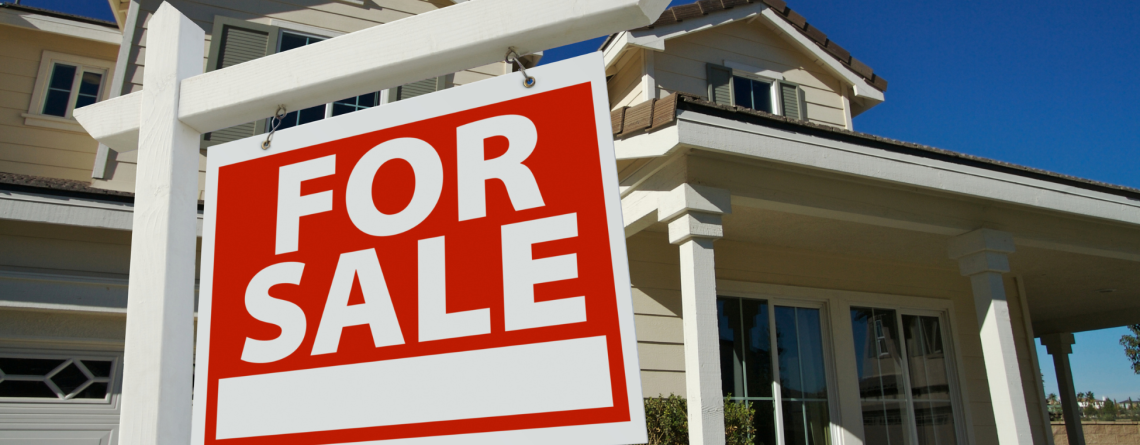Tired of Renting? Now’s a Great Time to Buy!
Many renters are under the mistaken impression that they cannot afford to buy a house. Some believe they need a substantial down payment; others believe they cannot afford the monthly expenses of home ownership. While these assumptions may be true, it’s best to review the facts before crossing home ownership off your list.
We’ll assume you’re a first-time homebuyer interested in buying a $380,000 home in Ukiah’s Oak Manor subdivision. You don’t have money for a down payment, but you do have a job and good credit. You’ve been paying $1800 per month for rent, but you could afford a little more.
Here’s the good news: FHA loans do not require a large down payment (typically 3 percent), and at today’s rates if your household income is at least $85,000, you may be able to qualify for a loan that gets you into that $380,000 house. You’ll need to budget about $2400 for PITI (i.e., mortgage payment, interest, taxes, and insurance). So, instead of buying that new car, find a used one and, voila! You can afford little higher monthly house payment.
You’ll also need to budget for things the landlord used to pay for, like painting your home inside and out, putting a new roof on, replacing the water heater, and similar maintenance. Let’s estimate about 1.5 percent of the purchase price for upkeep each year (about $475/month), since that’s usually about what it costs.
Before you panic, let me share a little more good news: you get to write off some of your mortgage payment. Let’s say your household income puts you in the 25 percent tax bracket. Some of your mortgage payment is tax deductible:
Mortgage payment $2400
Maintenance/upkeep $475
Tax benefits $-265
$2610/month
If you think this is a realistic number, here are some important facts about qualifying for a home loan. First, you need to have good credit (a credit score in the mid-to-high 600s). Next, you need reportable income. For the FHA loan I’ve used as an example, there are minimum income restrictions based on formulas that have to do with the number of people in your household, the number of children you have, and other factors. The final requirement is job stability. You need to have been in your job for at least a year, and it needs to appear that you will remain in that job for the foreseeable future.
Owning your own home has many benefits, the most obvious of which is financial. Your monthly mortgage payments allow you to build equity in an investment that is likely to increase in value over time. I can’t make promises, but I can tell you that with all the ups and downs in the economy during the past 50 years, the overall trend in the value of real estate has been up. I bought my first property in 1973 for $18,000. Today, it is conservatively worth $275,000. That’s an average annual increase of 6.4 percent.
Owning your own home also has benefits that go beyond financial. You get to pound a nail and hang your child’s artwork wherever you want without asking anyone for permission. You get to plant trees, paint a room your favorite color, and rip up that ugly carpet. And all your hard work benefits YOU.
If you think you might be able to purchase a home and you’d like to learn more, call your local Realtor and they can help you figure it out.
If you have questions about real estate or property management, please contact me at rselzer@selzerrealty.com or visit www.realtyworldselzer.com. If I use your suggestion in a column, I’ll send you a $5.00 gift card to Schat’s Bakery. If you’d like to read previous articles, visit my blog at www.richardselzer.com. Dick Selzer is a real estate broker who has been in the business for more than 40 years.






